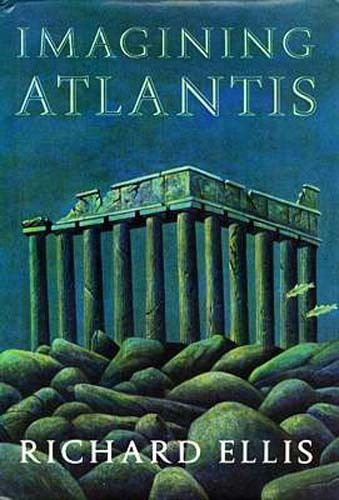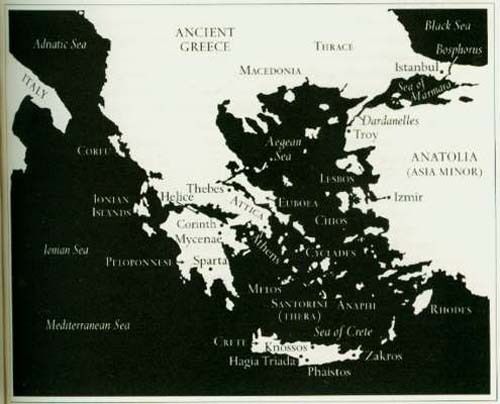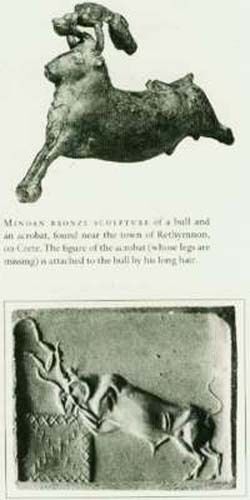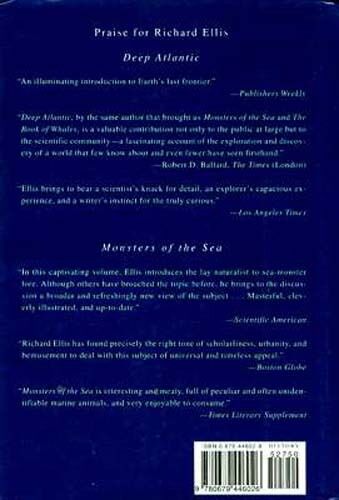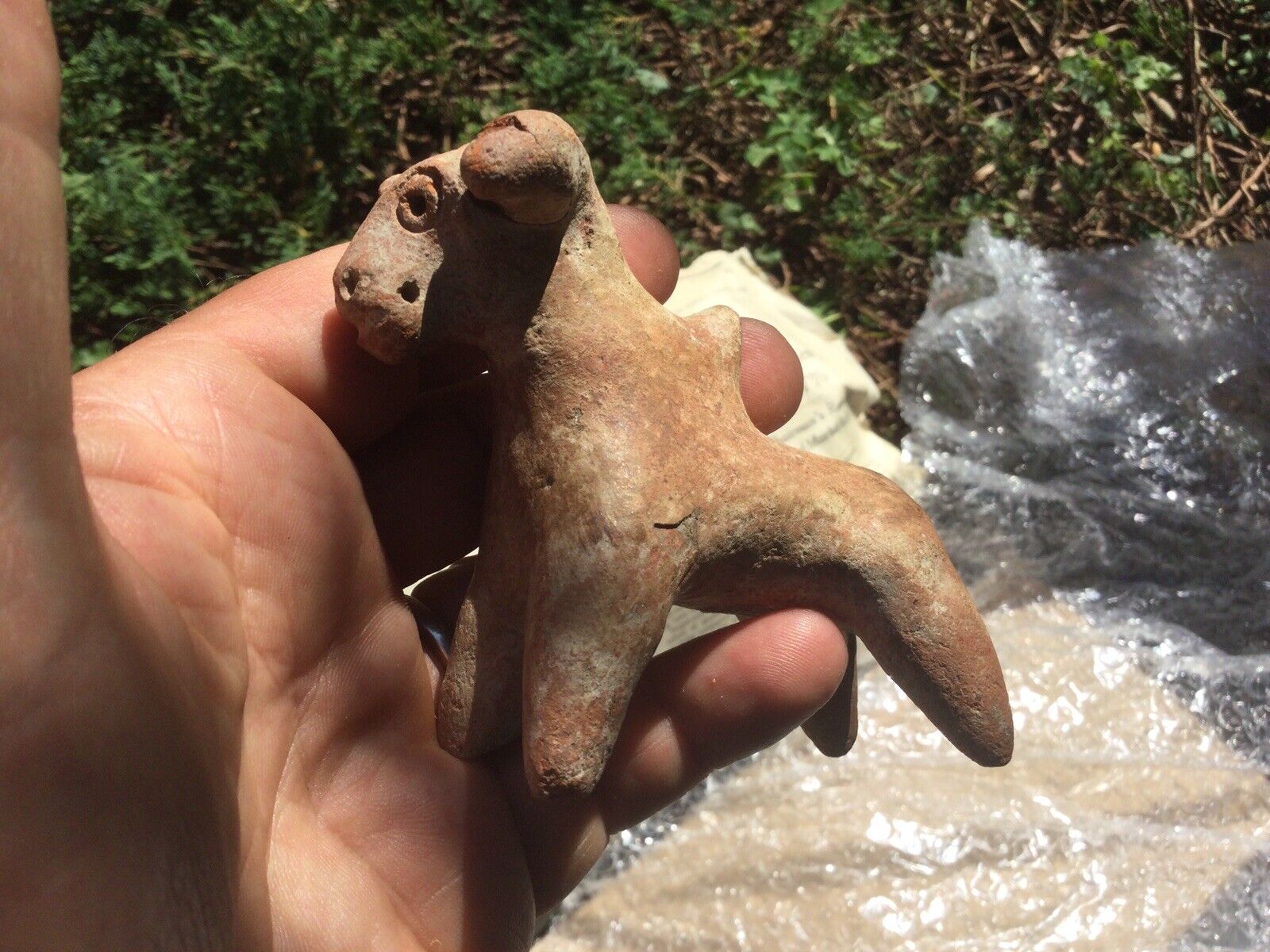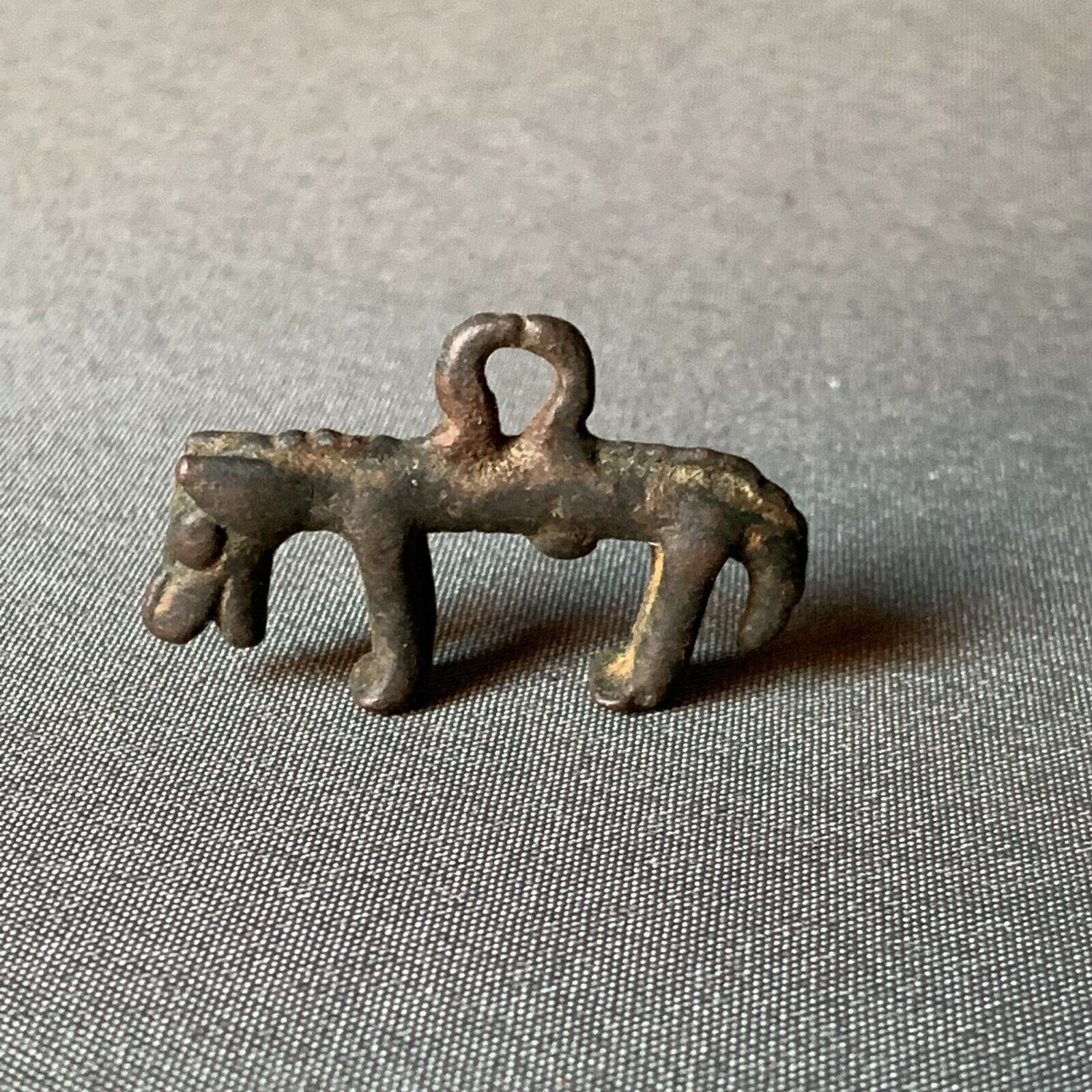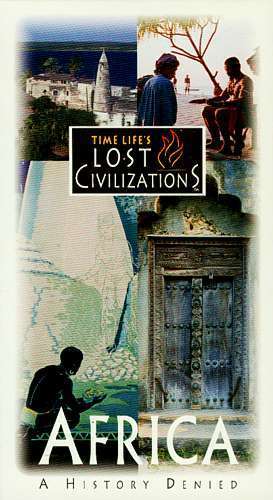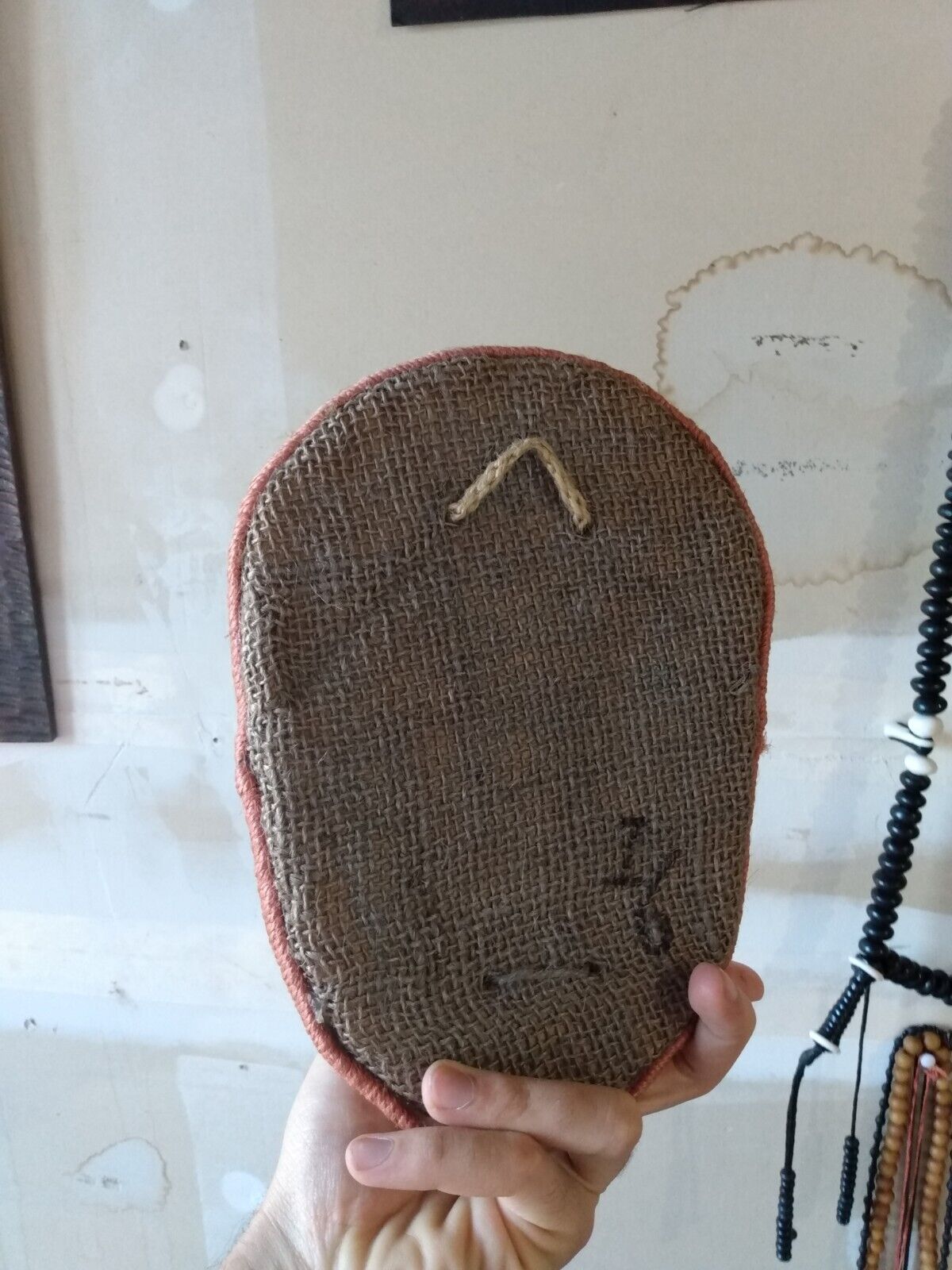-40%
Imagining Atlantis Plato Fiction? Real? Thera Santorini? Aegean? Undersea Ruins
$ 12.66
- Description
- Size Guide
Description
Imagining Atlantis by Richard Ellis.NOTE
: We have 75,000 books in our library, almost 10,000 different titles. Odds are we have other copies of this same title in varying conditions, some less expensive, some better condition. We might also have different editions as well (some paperback, some hardcover, oftentimes international editions). If you don’t see what you want, please contact us and ask. We’re happy to send you a summary of the differing conditions and prices we may have for the same title.
DESCRIPTION:
Hardback with Dust Jacket: 322 pages. Publisher: Alfred A. Knopf; (1998). Size: 9½ x 7¼ x 1¼ inches; 1½ pounds.
Ever since Plato created the legend of the lost island of Atlantis, it has maintained a uniquely strong grip on the human imagination. For two and a half millennia, the story of the city and its catastrophic downfall has inspired people, from Francis Bacon to Jules Verne to Jacques Cousteau, to speculate on the island's origins, nature, and location, and sometimes even to search for its physical remains. It has endured as a part of the mythology of many different cultures, yet there is no indisputable evidence, let alone proof, that Atlantis ever existed.
What, then, accounts for its seemingly inexhaustible appeal? Richard Ellis plunges into this rich topic, investigating the roots of the legend and following its various manifestations into the present. He begins with the story's origins. Did it arise from a common pre-historical myth? Was it a historical remnant of a lost city of pre-Columbians or ancient Egyptians? Was Atlantis an extraterrestrial colony? Ellis sifts through the "scientific" evidence marshaled to "prove" these theories, and describes the mystical and spiritual significance that has accrued to them over the centuries.
He goes on to explore the possibility that the fable of Atlantis was inspired by a conflation of the high culture of Minoan Crete with the destruction wrought on the Aegean world by the cataclysmic eruption, around 1500 B.C., of the volcanic island of Thera (or Santorini). A fascinating historical and archaeological detective story, "Imagining Atlantis" is a valuable addition to the literature on this essential aspect of our mythological history.
CONDITION: LIKE NEW. Unread (but not unblemished) hardcover w/dustjacket. Knopf (1998) 322 pages. Book appears unread and at first blush appears new...however inside the book you'll find the original owner placed a gummed return address label on the front end paper (the blank unprinted paper composing the underside of the front cover). Except for this return address label the inside of the book is pristine; clean, crisp, unmarked, unmutilated, tightly bound, unambiguously unread. From the outside the book evidences very mild shelfwear to the dustjacket and covers. Shelfwear to the dustjacket is principally in the form of very faint edge rubbing/crinkling to the spine head and heel. However there is also a 2 inch closed (neatly mended) edge tear to the lower edge of the front side of the dustjacket. We carefully repaired the closed edge tear from the underside of the dustjacket, and touched it up with an ink-based sharpie. Consequently it is not a prominent blemish (in fact it is hard to spot even when you know it is there, you really have to search for it). Beneath the dustjacket the covers are clean and unsoiled, as with the dustjacket above evidencing only very mild edge and corner shelfwear. Except for the gummed return address label to the front end paper, the overall condition of the book is otherwise consistent with what might pass as "new" stock from an open-shelf book store (such as Barnes & Noble or B. Dalton, for instance) wherein otherwise "new" books often show a little handling/shelf/browsing wear from being constantly handled/shelved/re-shelved. Satisfaction unconditionally guaranteed. In stock, ready to ship. No disappointments, no excuses. PROMPT SHIPPING! HEAVILY PADDED, DAMAGE-FREE PACKAGING! #1695m.
PLEASE SEE IMAGES BELOW FOR SAMPLE PAGES FROM INSIDE OF BOOK.
PLEASE SEE PUBLISHER, PROFESSIONAL, AND READER REVIEWS BELOW.
PUBLISHER REVIEW
:
REVIEW: Throughout history, Atlantis has seduced many great minds. In works written by authors ranging from Plato to Arthur Conan Doyle, this island; which, according to legend, was swallowed up by the sea and vanished underwater, has produced a powerful and enduring legacy. In his new book, "Imagining Atlantis", Richard Ellis immerses himself in "Atlantology" and reports that he has found not one bit of geographical or historical evidence that the Lost Continent ever existed. Though he concludes that Atlantis must therefore be seen as only a myth, Ellis points out the importance that Atlantis still retains as a fascinating saga and an enduring metaphor.
PROFESSIONAL REVIEWS
:
REVIEW: Marine painter and explorer Ellis has produced a gracefully written, authoritative debunking of the myth of a "lost continent" of Atlantis. He regards Plato's tale of the flood-related destruction of a wondrous city as a parable on the demise of Periclean Athens, perhaps also as Plato's commentary on the plague that killed one of every four Athenians between 430 and 425 B.C. Tracing the snowballing of this legend in the writings of Sir Francis Bacon, Edward Cayce, Charles Berlitz and others, Ellis dismantles the Atlantean scenarios of occultists and New Agers, as well as the dubious claims of oceanographers, geologists, archeologists and historians who, on the slenderest evidence, have attempted to link Plato's fabled Atlantis with the destruction of Minoan Crete, the volcanic explosion of the island of Thera around 1450 B.C. or other putative sites of lost civilizations. He also examines Atlantis lore in movies, television, science fiction and tourism. Ellis's plausible interpretation of Atlantis as a myth of greed and retribution, a utopian fable adapted by successive cultures to suit their needs, makes his odyssey through the muddy shoals of Atlantean scholarship worthwhile. Photos.
REVIEW: Richard Ellis is obsessed with all things Atlantic, and he's written a number of books on the Atlantic Ocean's inhabitants and legends. Of all the stories to be found in this big sea, the lost civilization of Atlantis has been the hallucinogenic focus of passionate scholarship; why is that? Ellis writes, "Whether its source was extraterrestrial, pre-historical, or imaginary, Atlantis, unique among the Western world's myths, has become a part of our mytho-history."
In "Imagining Atlantis", Ellis turns his eye to the oceanic legend that has captured the imagination of countless people, forming the basis for archaeological expeditions, historical analyses, mystical revelations, and even extraterrestrial influence. The book's first chapter, entitled "What Plato Said," relates the story in Plato's dialogues "Timaeus and Critias" that started the enduring hunt for a land lost beneath the sea: "There was an island opposite the strait which you call ... the Pillars of Heracles, an island larger than Libya and Asia combined," wrote Plato. He went on to describe in ostentatious detail the civilization of Atlantis, its buildings, commerce and people; and how it was "swallowed up by the sea and vanished."
Ellis traces the conclusions of the most persistent theories of the 2,000 or so scholarly works "proving" that what Plato meant was, variously, the island of Santorini, Palestine, the Peloponnesian town of Helice, the Americas, or something more bizarre. Ellis's treatment of the multitudes of Atlantean researchers is thorough, respectful, and interested, no matter which of Desmond Lee's Atlantis response categories they fall into: crazy, geological, or historical. He follows the theories of scientists, archaeologists, mystics, and science fiction authors to their conclusions with equanimity.
After outlining these theories, suggestions, and delusions, Ellis leads the reader ineffably toward the firm conclusion that Plato invented Atlantis. Plato himself would probably be either alarmed or amused that his fiction has been the subject of so much inquiry and emotion. Perhaps the philosopher, looking around for real places to write about, found that he needed a utopia to show what a civilization could be.
REVIEW: If you target the subject of Atlantis, there are some 2,000 to 10,000 Atlantean works out there, and you must explode endless philosophical clay pigeons. There are an infinite number of crackpot explanations regarding the lost city's location and demise, as marine expert Richard Ellis admits. Ellis begins by walking us through Plato, who first mentioned "an island opposite ... the Pillars of Hercules, an island larger than Libya and Asia combined." Plato's Atlantis supposedly existed 9,000 years before he wrote that (though many "scholars" think he meant 900 years, which places Atlantis in the biblical era). It boasted great soil, fine crops and the wisest of citizens, who had covered its brilliant walls "with a veneer of bronze [and] fused tin."
Then an earthquake/flood, apparently, sunk it all into the sea. Was Plato talking about a real place or was he spinning a "noble lie" parable? Ellis himself believes Plato made the whole thing up, using Atlantis (whose aggression would bring a comeuppance) as an example of what could happen to his own hubristic Athens. The bulk of "Imagining Atlantis", however, chronicles the theories of literalists. Most take the "Pillars of Hercules" to mean Gibraltar. Some believe Atlantis was the Garden of Eden and that the few who escaped its ruination lived to create the Deluge and Flood legends. The most famous proponent of this hypothesis was Ignatius Donnelly, an eccentric Minnesota congressman whose 1882 tome, "Atlantis: The Antediluvian World", is still in print.
After Donnelly, Ellis tosses in everyone from Madame Blavatsky, the famous psychic who thought Atlantis was populated by a hermaphroditic race whose downfall came from the discovery of sex; to archeologist Angelos Galanopolous, whose 1969 book posits, among other things, that eels offer a clue to Atlantis. Eels? The Sargasso Sea, where they are genetically programmed to breed, merely covers the freshwater rivers of Atlantis, where they originally spawned. Many Atlanticists now believe Plato meant the Aegean, not the Atlantic, and that the fabled lost civilization is on or near Crete; it was destroyed by a volcanic eruption on Santorini. "Does it matter?" our dog-tired writer asks at the end. God knows, Atlantis is a hoary topic, yet as Ellis says, "It means so much to so many." Whence this noble effort.
REVIEW: Castleden, who has written ten other books on historical topics (for instance "Minoans: Life in Bronze Age Crete"), examines various events in ancient history and then attempts to prove that Plato used them to form the Atlantis tale for the purpose of creating a model world that Athenians could contemplate and learn from. He argues persuasively, offering much evidence of similarities between Minoan civilization and the Atlantis legend. Ellis also reviews sources from Plato to the present that have contributed to the story of Atlantis, revealing what mystics, scientists, film writers, and others have added to the legend. His most interesting revelation is that Arthur Conan Doyle wrote a novel featuring an underwater Atlantis. Ellis also discusses archaeological evidence that some have used to "prove" that Atlantis existed. Both Castleden and Ellis write in styles suitable for adult readers, and their works are comparable to Marjorie Braymer's Atlantis: The Biography of a Legend (1983). Recommended.
REVIEW: In "Imagining Atlantis", Richard Ellis has written an entertaining, thorough, yet readable account of the geological and archeological evidence that may have contributed to this peculiar myth, and of the lunatic fringe that has made so much moonshine out of it. Quite simply the best book on Atlantis ever written. Anyone interested in lost civilizations should look no further.
READER REVIEWS
:
REVIEW: "Imagining Atlantis" is a well-researched, highly detailed, and fascinating book about how generations following Plato's have conceived of the fabled island. The book is intended to study how different people have treated the Atlantis story through the centuries, not to actually locate the island. Although Ellis outlines his book chronologically, starting with what Plato actually said, and continues from there, most of the book covers 18th- to 20th-century dealings with the legend, from Atlantis in fiction, mysticism, archeology/geology, and even films.
Ellis presents each story vividly and objectively. Ellis' critical wit surfaces most in the Fiction and Film section when describing the cheesy Atlantis movies made in the early 20th century, replete with bad props, unexplained plots, cheap costumes, and poor effects. Yet even here his descriptions lean more towards a humorous look back on, rather than a disdainful criticism of, how human creativity has retold the Atlantis tale.
The middle part of the book concentrates on the "Crete-as-possibly-Atlantis/Thera-volcano" saga. Examining Crete, with its supporting archeological evidence, as a possible candidate for Atlantis, as well as the nearby volcano on Thera, as the destroyer of the flourishing civilization on Crete is necessary - actually, I found it quite intriguing, as it reads like a detective story. All in all, this is a fantastic book that describes people's theories about Atlantis throughout history, leaving the author's own, and more probable, theory for the end.
REVIEW: Imagining Atlantis by Richard Ellis is about the Atlantis of ancient history, archeology, mythology, fiction, film, and science and pseudoscience. It is an entertaining survey of the topic that will disappoint any believers in Atlantis but will be of interest to any of those readers with a belief in the idea, if not the reality, of Atlantis. This is not about discovering Atlantis but instead is about how the idea of Atlantis has been used and manipulated over the centuries until our own time. This durability is a testament to the myth of Atlantis, which is destined to be with us a lot longer. An entertaining and well written book on the power of legend.
REVIEW: This is a history of stories, theories, archaeological expeditions, literature and movies about Atlantis, explained with level-headed curiosity and dry wit. Some highlights include the theories of Immanual Velikovsky and reviews of various films. For example, in George Pal's 1961 movie "Atlantis, the Lost Continent", evil Atlanteans declaim, "we must conquer or be conquered. Are we not the master race?" All the while birds and bees desert the doomed continent. From Greek papyrus scrolls to B-grade television, Ellis serves as a combo historian and art critic on trail of an evolving legend through 2,000+ years.
REVIEW: Ellis provides a helpful overview of a great many theories regarding Atlantis, and he makes a fairly strong argument for his opinion that Atlantis was nothing more, and nothing less, than Plato's creation, woven from a number of preexisting strands and Plato's own imagination and purposes. As a former adherent of the Minoan explanation, I was surprised to find myself nodding along with Ellis's conclusions. This work will not appeal to those interested in the paranormal, UFOs, and the like. But it should appeal to those who are interested in the history of ideas.
REVIEW: This book is a well researched exploration into the Atlantis myth. It delves into the various stories and characters who invented, reinvented and searched for Atlantis. Far from being a bashing, it treats the wacky and way out on equal terms with the scholarly and thoughtful. If pseudo-science can't stand up to the scrutiny, it isn't the author's fault. This book will appeal to those who like to see all sides researched. It will not be liked by those who are angry that a treasured belief should be looked at with science and knowledge.
REVIEW: The first book brave enough to really go out after all the snake oil salesmen who claim to have "discovered" the real Atlantis everywhere from Bermuda to the Mediterranean, just so they can sell more books and end up on the New York Times Best Seller lists. We in the various Atlantis historical societies have known for many years that the truth needed to be exposed.
SHIPPING & RETURNS/REFUNDS
: We always ship books domestically (within the USA) via USPS
INSURED
media mail (“book rate”). Most international orders cost an additional .49 to .99 for an
insured
shipment in a heavily padded mailer. There is also a discount program which can cut postage costs by 50% to 75% if you’re buying about half-a-dozen books or more (5 kilos+). Our postage charges are as reasonable as USPS rates allow.
ADDITIONAL PURCHASES
do receive a
VERY LARGE
discount, typically about per book (for each additional book after the first) so as to reward you for the economies of combined shipping/insurance costs.
Your purchase will ordinarily be shipped within 48 hours of payment. We package as well as anyone in the business, with lots of protective padding and containers. All of our shipments are fully insured against loss, and our shipping rates include the cost of this coverage (through stamps.com, Shipsaver.com, the USPS, UPS, or Fed-Ex). International tracking is provided free by the USPS for certain countries, other countries are at additional cost. We do offer U.S. Postal Service Priority Mail, Registered Mail, and Express Mail for both international and domestic shipments, as well United Parcel Service (UPS) and Federal Express (Fed-Ex). Please ask for a rate quotation. We will accept whatever payment method you are most comfortable with.
If upon receipt of the item you are disappointed for any reason whatever, I offer a no questions asked 30-day return policy. Send it back, I will give you a complete refund of the purchase price; 1) less our original shipping/insurance costs, 2) less non-refundable PayPal/eBay payment processing fees. Please note that PayPal does NOT refund fees. Even if you “accidentally” purchase something and then cancel the purchase before it is shipped, PayPal will not refund their fees. So all refunds for any reason, without exception, do not include PayPal/eBay payment processing fees (typically between 3% and 5%) and shipping/insurance costs (if any). If you’re unhappy with PayPal and eBay’s “no fee refund” policy, and we are EXTREMELY unhappy, please voice your displeasure by contacting PayPal and/or eBay. We have no ability to influence, modify or waive PayPal or eBay policies.
ABOUT US
: Prior to our retirement we used to travel to Europe and Central Asia several times a year. Most of the items we offer came from acquisitions we made in Eastern Europe, India, and from the Levant (Eastern Mediterranean/Near East) during these years from various institutions and dealers. Much of what we generate on Etsy, Amazon and Ebay goes to support The Hermitage Museum in St. Petersburg, as well as some other worthy institutions in Europe and Asia connected with Anthropology and Archaeology. Though we have a collection of ancient coins numbering in the tens of thousands, our primary interests are ancient jewelry and gemstones. Prior to our retirement we traveled to Russia every year seeking antique gemstones and jewelry from one of the globe’s most prolific gemstone producing and cutting centers, the area between Chelyabinsk and Yekaterinburg, Russia. From all corners of Siberia, as well as from India, Ceylon, Burma and Siam, gemstones have for centuries gone to Yekaterinburg where they have been cut and incorporated into the fabulous jewelry for which the Czars and the royal families of Europe were famous for.
My wife grew up and received a university education in the Southern Urals of Russia, just a few hours away from the mountains of Siberia, where alexandrite, diamond, emerald, sapphire, chrysoberyl, topaz, demantoid garnet, and many other rare and precious gemstones are produced. Though perhaps difficult to find in the USA, antique gemstones are commonly unmounted from old, broken settings – the gold reused – the gemstones recut and reset. Before these gorgeous antique gemstones are recut, we try to acquire the best of them in their original, antique, hand-finished state – most of them centuries old. We believe that the work created by these long-gone master artisans is worth protecting and preserving rather than destroying this heritage of antique gemstones by recutting the original work out of existence. That by preserving their work, in a sense, we are preserving their lives and the legacy they left for modern times. Far better to appreciate their craft than to destroy it with modern cutting.
Not everyone agrees – fully 95% or more of the antique gemstones which come into these marketplaces are recut, and the heritage of the past lost. But if you agree with us that the past is worth protecting, and that past lives and the produce of those lives still matters today, consider buying an antique, hand cut, natural gemstone rather than one of the mass-produced machine cut (often synthetic or “lab produced”) gemstones which dominate the market today. We can set most any antique gemstone you purchase from us in your choice of styles and metals ranging from rings to pendants to earrings and bracelets; in sterling silver, 14kt solid gold, and 14kt gold fill. When you purchase from us, you can count on quick shipping and careful, secure packaging. We would be happy to provide you with a certificate/guarantee of authenticity for any item you purchase from us. There is a fee for mailing under separate cover. I will always respond to every inquiry whether via email or eBay message, so please feel free to write.
